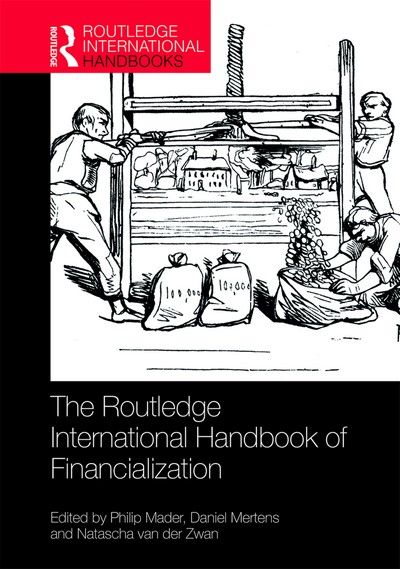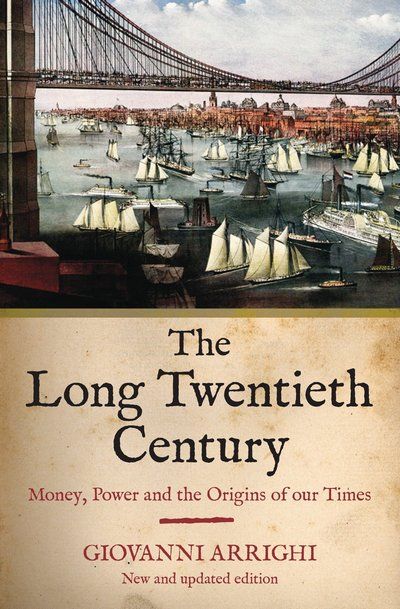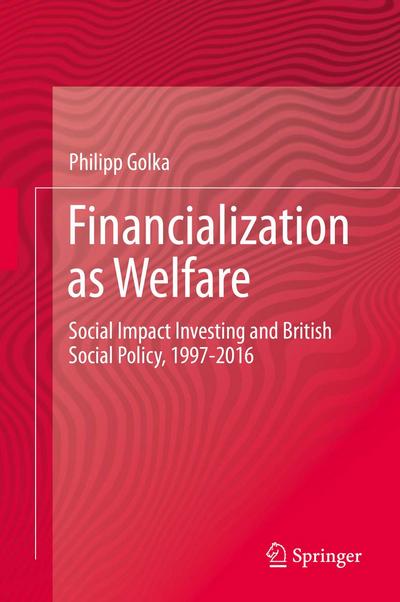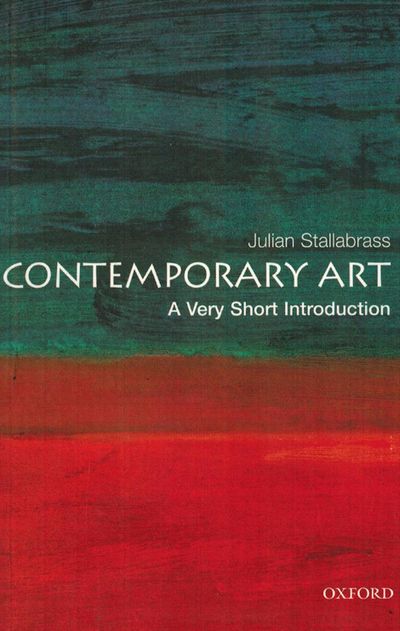[Do check out our extensive bibliographies for more readings.]
We deliberately avoided lumping "financialisation" with "economisation" - not least because the literature about the former is extremely vast and, thanks to NFTs and other artefacts of cryptoeconomics, this has become a household term.
The best place to start is easily the 2020 Routledge International Handbook of Financialisation. It has essays by many of the prominent scholars in the field as well as a stellar introduction by the editors. The debate between Ben Fine and Brett Christophers in that Handbook, "The Value of Financialization and the Financialization of Value," alone is worth that book's hefty price. If you can't get the book, Natascha van der Zwan's 2014 comprehensive survey of the topic - she is one of the co-editors of the Routledge Handbook - is the next best thing, even if a bit dated.

Once you are done with that handbook, you can move on to the related title, the 2021 Routledge Handbook of Critical Finance Studies. It's a bit more theoretical and advanced but still extremely useful in grasping the dynamics of financialisation. Finance and Society is the best open access academic journal about some of the broader implications of financialization.
There are many dimensions for analysing financialisation. Some look at it through the prism of changes happening inside the corporation; some through the prism of the growth of the financial sector inside the global economy; some through the prism of structural, finance-dominated changes in the everyday life or urban space.
For the longue durée account of financialisation, one can't go wrong with Giovanni Arrighi's The Long Twentieth Century. Joseph Vogl also offers some very interesting reflections on finance as a cultural and political phenomenon.

Some have looked at the populist nature of financialisation by looking at efforts, by some politicians on the center left, to present it as the new welfare state, both in the Global North and the Global South. This populist/welfare dimension is important to keep in mind when thinking about crypto, as, turning everything into a financialised asset, it does promise the kind of security that the normal state apparently can no longer deliver. Apparently, even anti-capitalist struggles are financialised these days.

Due the NFT explostion, many people are currently searching for good entry points into the subject matter of financialisation of art. We can recommend this 2018 dissertation on the topic by Christopher Upton-Hansen. Victoria Ivanova's provocative 2016 piece in Finance & Society is, likewise, worth reading. There's also an older 2012 chapter in the Oxford Handbook of the Sociology of Finance.
The new edition of Julian Stallabrass' Contemporary Art: A Very Short Introduction, despite its brief size, does a good job linking contemporary art to contemporary capitalism and financialisation.

Two important facets of finansialisatoin that are important to keep in mind have to do with the growth of "shadow banking" and the rise of "asset manager capitalism" (they are somewhat related). The crypto discourse, alas, doesn't have much to say about either; whatever decentralisation it proposes is unlikely to undermine the likes of Blacrock - the bulwarks of asset manager capitalism - which cryto-assets themselves might be contributing to shadow banking.
